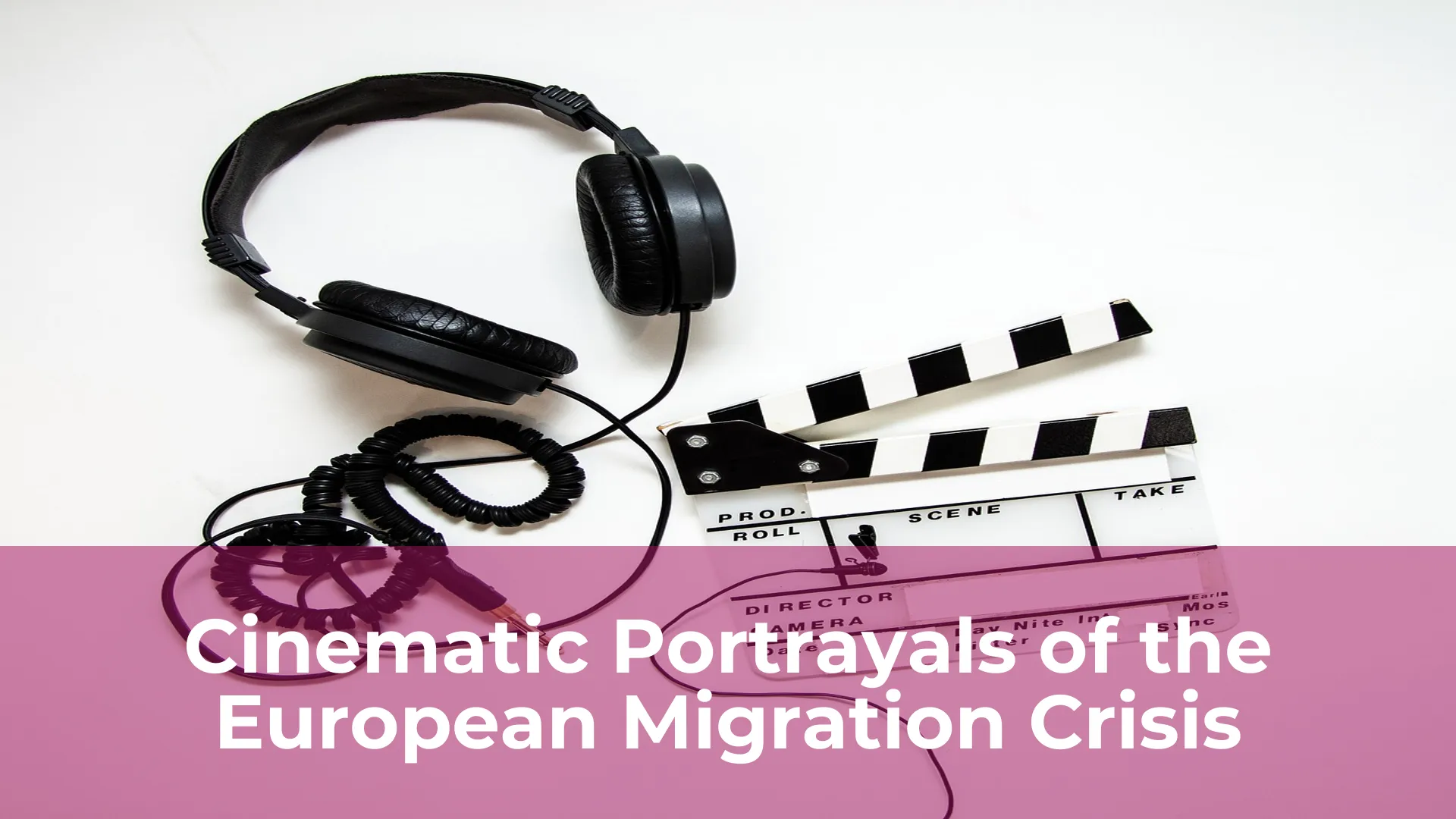The European migration crisis has been an ongoing issue since 2015, and it has been depicted in various forms of media. One of the most powerful portrayals of this crisis has been through cinema. Many filmmakers have used their platform to shed light on the human stories behind the numbers, and the struggles that refugees and migrants face. These films have allowed audiences to empathize with those affected and have sparked important conversations about policies and actions needed to address the crisis.
One of the most notable films that tackles the European migration crisis is “Human Flow” by Chinese artist and activist, Ai Weiwei. The documentary takes the audience on a journey to various refugee camps around the world, including those in Europe, and showcases the harsh reality of living as a refugee. The film highlights the desperation and resilience of those fleeing from war and persecution, while also exposing the inadequacy of current international policies towards refugees.
Another must-see film is “Dheepan” by French director, Jacques Audiard. The film tells the story of a Tamil soldier who escapes the Sri Lankan Civil War and poses as a family with a woman and a young girl in order to gain asylum in France. The film shows the challenges of integrating into a foreign society, and the trauma that many refugees face from their past experiences. The film also highlights the importance of community and family support in the face of adversity.
Introduction: European Migration Crisis
The European migration crisis has been a hot topic in recent years, as millions of people have fled war, persecution, and poverty to seek safety and a better life in Europe. This unprecedented influx of refugees and migrants has put immense pressure on European countries, with many struggling to cope with the humanitarian and logistical challenges of hosting and integrating such large numbers of people.
At the heart of the crisis is a complex web of political, economic, and social factors. Conflicts in the Middle East, Africa, and elsewhere have displaced millions of people, while others have left their home countries in search of better economic opportunities or to reunite with family members already living in Europe. The crisis has sparked fierce debates about immigration policy, national security, and the responsibilities of European nations to provide aid and protection to those in need.
Impact of the Crisis on Film Industry
The COVID-19 pandemic has had a significant impact on the film industry, affecting every aspect of the business. The closing of movie theaters, halting of film productions, and delays in release dates have caused major disruptions, resulting in record-setting losses for the industry in 2020.
Movies and television shows typically require large groups of people to work together in close proximity, making it challenging to adhere to social distancing guidelines and other safety protocols. This has led to the suspension of many film productions and the cancellation of major events such as film festivals. The uncertainty of when theaters will reopen and the ongoing concerns about the spread of the virus have created a lot of anxiety and unpredictability for the industry, leaving many wondering what the future of film will look like.

